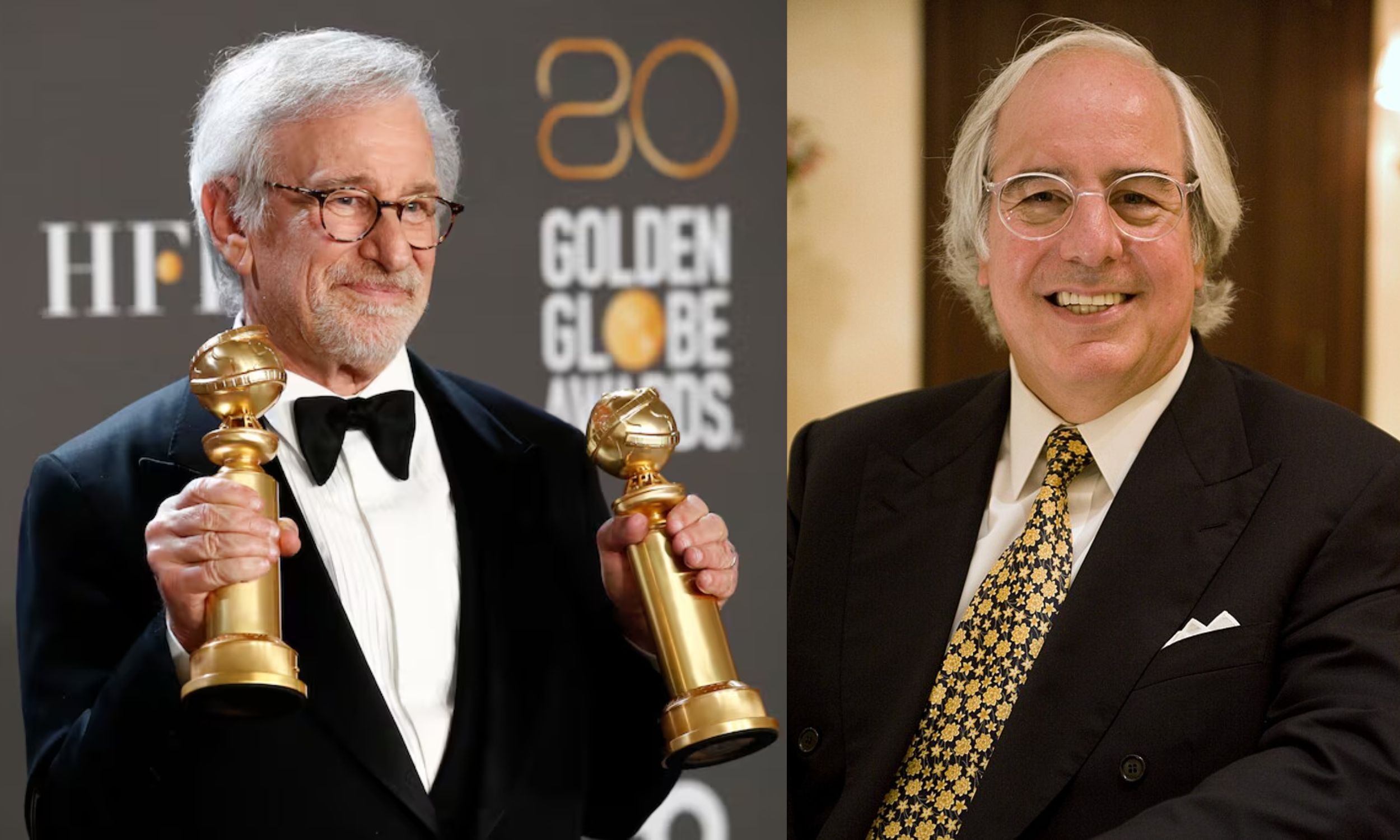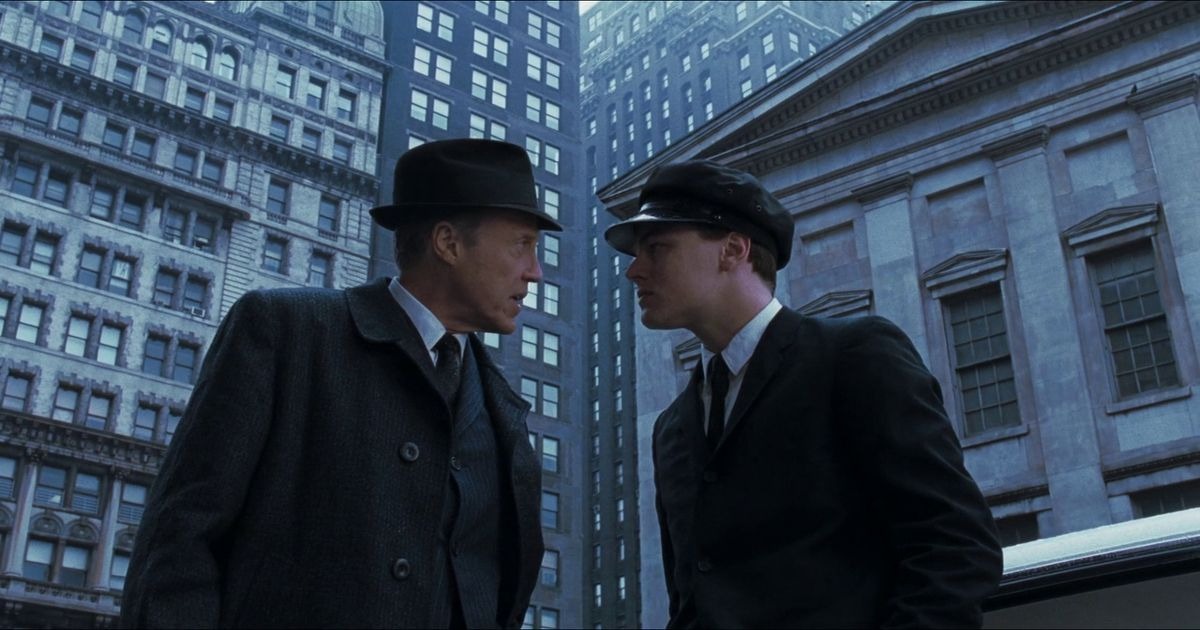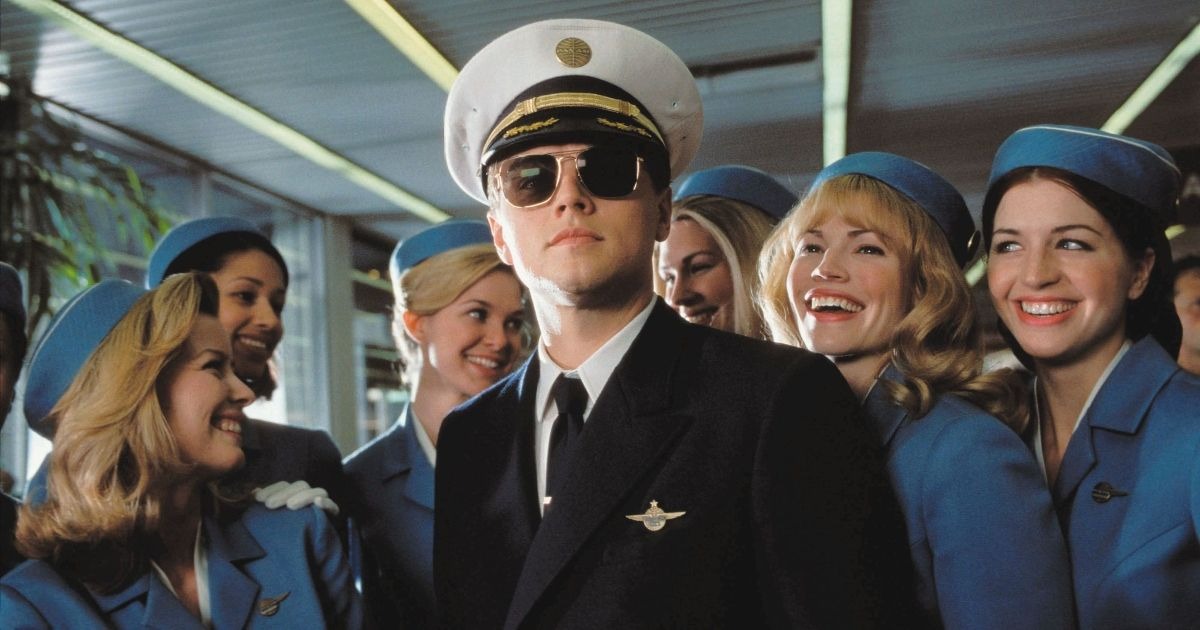Director Steven Spielberg brought Catch Me If You Can to the screen in 2002, presenting a comedic tale that follows Frank Abagnale Jr., a young man perpetually fleeing while searching for his lost family.
This film, adapted from Abagnale’s true story, chronicles his fraudulent escapades, during which he deceives banks, adopts various professions, and spins elaborate lies.

The movie strikes a balance between humor and the gravity of Abagnale’s actions, ensuring that the audience understands the wrongness of his deeds while also highlighting an underlying sadness that lends emotional depth to the characters.
Viewers who recognize the recurring themes of fractured families in Spielberg’s works, particularly in his autobiographical film The Fabelmans, will identify strong parallels between Catch Me If You Can and his broader filmography. This narrative delves into the lengths individuals will go to achieve stability.
Like the protagonist in The Fabelmans, Abagnale seeks to control his narrative in a world that feels increasingly alien to him. While the film’s enjoyable elements may initially obscure this theme, a deeper examination reveals its emotional and thematic undercurrents.
The Influence of Family
Understanding Frank’s deep admiration for his father, Frank Abagnale Sr., portrayed by Christopher Walken, is crucial to grasping the film’s dynamics. Their initial encounter shows Junior captivated as his father recounts a story about two mice who fell into cream—one drowned, while the other worked hard to escape, finaturning the cream into butter. Frank Jr. embraces this lesson, considering himself the resilient mouse and eagerly applauding his father’s speech.
As we observe their relationship, we learn how Frank Sr. teaches his son the art of deception. A man living on the edge without a stable job, he constantly evades the IRS and spins tales to get what he wants. Frank absorbs these lessons, hoping to earn enough money to persuade his mother to return and restore their family.
However, his father’s reckless lifestyle culminates in tragedy when he suffers a severe accident. It is only when Frank Jr. ceases his frantic running that he begins to discover what he has been seeking all along.
The Lesson of the Yankees
Prior to seeking a bank loan, which he suspects he will be denied, Frank Sr. poses a thought-provoking question to his son about the Yankees’ success. When Junior attributes their winning streak to star player Mickey Mantle, Frank Sr. counters, insisting it’s all about the uniforms.
He believes that spectators are too distracted by the pinstripes to focus on the game itself. The underlying lesson here is that projecting an image of belonging or authority can enable one to get away with almost anything.

For a significant period, this philosophy proves true for Frank Jr. After he dons a pilot’s uniform, banks readily cash his checks, granting him access to crucial information for honing his forgery skills. This façade also allows him to pose as a doctor in a hospital and convince his fiancée’s parents that he is a lawyer.
He carefully shapes the narrative around him, persuading everyone to trust him. However, this constant motion also serves as a distraction; by maintaining the illusion of being a success, Frank attempts to transform his post-divorce life into something palatable. Yet, one person sees through his charade.
The Pursuit of Truth
FBI Agent Carl Hanratty, played by Tom Hanks, is dedicated and somewhat serious about his role. Initially pursuing Frank out of professional duty, his motivations changed once he realizes that Frank has deceived him into believing he works for the Secret Service.
This revelation adds a personal dimension to their cat-and-mouse dynamic. Upon discovering that Frank has adopted the alias Barry Allen—sharing a name with a DC Comics character—Carl understands that this relentless chase is against a young man still figuring out his identity.
While Carl remains committed to capturing Frank, his perspective begins to change. Acknowledging Frank as a kid despite his criminal activities, Carl’s demeanor softens. When French police prepare to apprehend Frank, Carl takes on a protective, almost parental role, promising to ensure Frank’s safety.
This change in approach stems partly from Carl’s encounter with Frank’s father, revealing the latter’s deceitful nature, and also from Carl’s understanding of loneliness and longing for connection.
The Game Show Connection
The film opens with a segment from the game show To Tell The Truth, where Frank is featured. Contestants must determine which of three men is the real Frank Abagnale, setting the stage for the film’s exploration of deception. This moment cleverly establishes the time period while foreshadowing the resolution of Frank’s story.
Throughout the narrative, Frank continues to deceive everyone around him, even assuming that Carl is lying, mirroring the distrust he learned from his father. When Carl mentions the impending arrival of French police officers, Frank’s skepticism kicks in, believing Carl is attempting to trick him.
His experiences have led him to forget how to trust others. The realization of Carl’s sincerity astonishes him, particularly when he learns that Carl had concealed the fact that Frank’s father had passed away to spare him pain. Despite denying the truth, Frank recognizes Carl’s honesty, planting the seed of hope that a way out of his isolation lies in embracing the truth.
Seeking Connection
Before Frank uncovers his mother’s infidelity with his father’s friend, he perceives his parents’ marriage as ideal. Their divorce shatters his perception of reality, propelling him into a life of escape.
Concurrently, Carl faces his own familial disintegration, with his ex-wife relocating to Chicago and remarrying, leaving him with only his job. This parallel journey highlights their shared longing for familial bonds: Carl seeks a son, while Frank yearns for a father figure.
Initially, Frank agrees to cooperate with the FBI to avoid jail time, but he finally stays because he finds acceptance for who he is. When he attempts one final escape, Carl informs him that the chase is over.
He encourages Frank to recognize that what he seeks is right in front of him. True to Carl’s insight, Frank does flee but returns, discovering that his life has transformed into something more meaningful—not through deception, but by choosing honesty and aiding the FBI in preventing similar crimes for many years.



